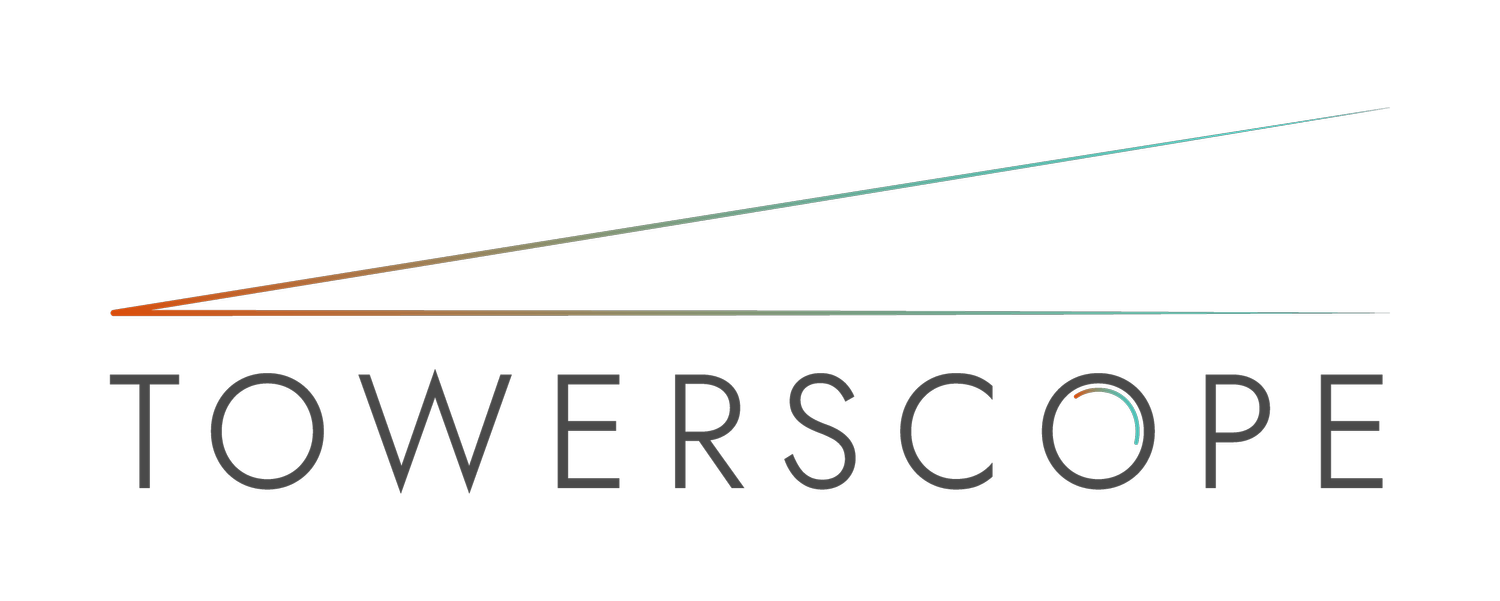This is Part 7 of a 7-part series on leading with knowledge-based power. You can find the links to rest of the series at the bottom of this post.
Successful career growth and advancement requires several essential but under-utilized learning moments. In this blog series, I’ve described how things like informal mentorship (Part 3), certain career-defining experiences (Part 4), environmental scans (Part 5), and intentional observation and listening (Part 6) all provide critical learning moments for career growth.
But you will not be ready to use or implement any of these skills optimally without one critical foundation: self-awareness.
What do you mean by self-awareness and why is it so important?
You need to know where YOU stop and SOMEONE ELSE starts.
What do I mean by that? We each have our own personal “baggage” that we bring to a relationship: our perspectives, mindsets, experiences, and preferences.
Unless you’ve done a lot of self-awareness work, much of that baggage out of your awareness.
Have you ever found yourself:
Taking some things more personally or becoming more defensive about certain comments?
Having a strong negative reaction to a certain kind of personality style?
Digging your heels in with someone about an issue?
Needing to be liked or pleasing certain people?
Avoiding certain conversations with certain people?
Feeling stuck about how to address a conflict?
Dismissing feedback if it comes from specific people?
How do you know when it’s your issue, or theirs, or some combination?
If you haven’t done some work to understand yourself well – what makes you tick, what your biases are when making decisions, what your triggers are and why - then you are functioning at a significant disadvantage. You are increasing the chance of making inaccurate assumptions, repeating past unhealthy interpersonal dynamics, or simply addressing problems in less effective ways. All of these can lead to unfortunate missteps that can sabotage or short-change how much you can truly grow in your career.
How do you gain this deep understanding of yourself?
There are many ways to gain deep self-awareness, through both structured and unstructured ways. Let’s look at some examples and the pros and cons of each:
Both structured and unstructured methods should be used and revisited as often as feasible and both have an important place in your personal and professional development. This is similar to how I discussed when you should consider seeking a traditional structured education (Part 2) and when you should consider supplementing that traditional foundational knowledge with mentorship, experience, and other less structured methods (Parts 3-6).
Since the structured methods often require a financial investment, consider how you can set aside some small part of your professional development funds for at least one of them each year.
Keep in mind that learning, regardless of method, requires you to face things you may not want to face, which can be painful at times.
But the greatest career growth comes from learning how to moving through our discomfort to achieve new heights.
-------
I hope you have enjoyed this career development series – let me know what resonated most with you!
To read the other parts of this series, click on any of the links below:
Part 1: 3 Models of Power that Break Through Traditional Barriers
Part 2: The Best Time to Seek More Education to Advance Your Career
Part 3: Advancing Your Career Through Informal Mentoring
Part 4: How to Create Career-Defining Experiences
Part 5: How to Apply Environmental Scanning to Career Growth
Part 6: How Intentional Listening and Observing Can Grow Your Career
------
Acknowledgments:
This series was inspired by a talk I did for the local ATHENA Chapter's Emerging Leaders Program about one of their eight leadership principles: Learn Constantly.
——————-
This post was originally published on Psychology Today on July 5, 2020. All rights reserved, Copyright 2020 Mira Brancu/Brancu & Associates, PLLC.



